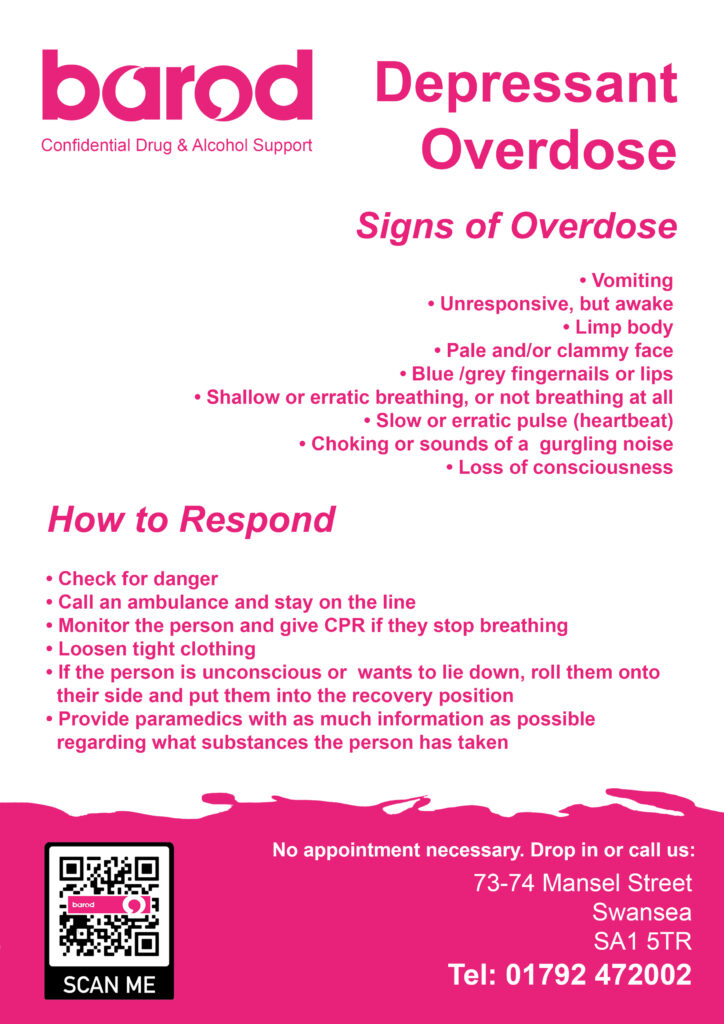Research. Knowing the facts and potential risks associated to benzodiazepine use is crucial to knowing what to expect during and after, consuming the drug. It will also enable you to make an informed decision about whether you use or not.
Do not use alone. If you use any benzodiazepine, such as valium, ensure you do not use out of sight of other people. Preferably, you should be with a ‘sober’ friend, who can help, if you need any support or medical assistance.
Test, test, test. If available, access a drug checking service who can test to see what is in your sample. If this is not available, then you can get drug testing kits online. But be aware, they are not always accurate and may not pick up ‘novel’ benzodiazepines such as etizolam and flubromazolam.
Start Low and Go Slow. Regardless of how ‘experienced’ you may be in using benzodiazepines, such as valium, it is always worth taking a small test dose and waiting a few hours before taking any more. The problem with ‘street’ benzodiazepines is that even though it may say the dose on the tablet, e.g. 10mg, it doesn’t necessarily mean that is what is in it. ‘Street’ benzodiazepines are not like the prescribed versions, in that they are not tested or regulated, so therefore you may be taking a much higher dose than what you intended and increase the risk of experiencing an overdose.
Novel benzodiazepines. Over the last few years, many ‘novel’ benzodiazepines have emerged within Wales’ street drug market. These are drugs such as etizolam, flualprazolam and alprazolam (xanax) to name just a few. Some of these are 10-40 times more toxic than valium. Therefore if you are used to taking 10mg worth of valium, the equivalent would be: 1mg of etizolam; 0.5mg of alprazolam; and 0.25mg of flualprazolam. According to WEDINOS, in 2019-20, only 53% of samples believed to be valium, actually contained valium, while 22% contained etizolam. It is becoming more common for more toxic, novel, fake versions of benzodiazepines, to be sold off as other drugs such as valium. Therefore you can never be too sure what is in your sample.
Do not mix. Benzodiazepines are depressants (also known as ‘downers’) meaning they depress your central nervous system and subsequently slows your heart rate and breathing. Mixing benzodiazepines with other drugs can lead to unpredictable and dangerous effects. Mixing with alcohol or heroin can significantly increase the risk of an overdose.
Look after your mates. If your mate suddenly falls asleep or is unconscious, put them in the recovery position and check on them regularly. If they are showing signs of an overdose, ring 999 immediately.
Tolerance. Tolerance to benzodiazepines can develop quickly, meaning you start taking more of the drug to get the same effects. This can increase the risk of developing a dependency. It is important to take breaks between using benzodiazepines, to give your body a chance to recover. But be aware, your tolerance may reduce during extended breaks, so be sure to start with a small dose, if you use again.
Withdrawals. If you find yourself using benzodiazepines regularly and experiencing side effects when you don’t, it could indicate potential dependency. If you have a dependency to benzodiazepines and wish to stop completely, it is advised to taper and reduce your use rather than stopping immediately. This is because sudden withdrawals to depressant-like drugs including benzodiazepines and alcohol, can be dangerous and even life threatening. It is worth reaching out to your GP or your local drug service for additional information and support.
Reach out if you are worried. If you are worried about your own, or a loved one’s benzodiazepine use, get in touch with your local service. Here at Barod, we provide free, confidential support to anyone affected by substance use. You can chat to a trained support worker via our Live Webchat Service too.


